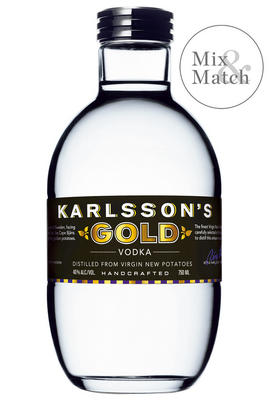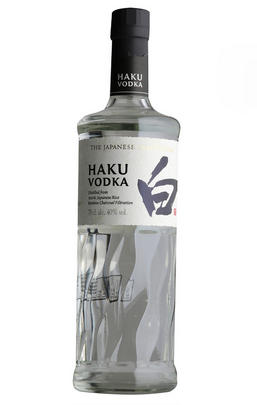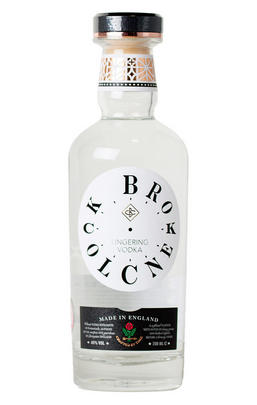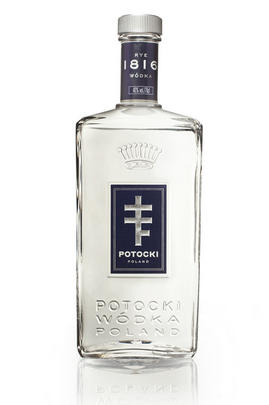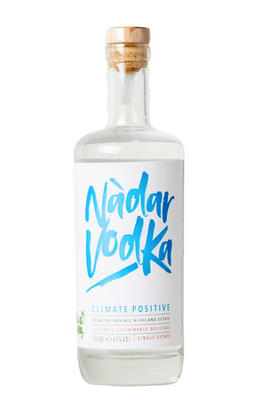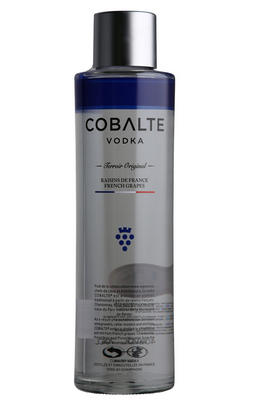Vodka
Vodka can be made from many different kinds of agricultural produce that have a high concentration of starch or natural sugars, including grain, molasses, potatoes, rice, sugar beet or grapes.
£32.00
– bottle
(70cl)
Add item
£36.00
– bottle
(70cl)
Limited availability
Add item
£41.00
– bottle
(70cl)
Add item
£41.00
– bottle
(70cl)
Gift Box
Add item
£44.00
– bottle
(70cl)
Add item
£44.00
– bottle
(70cl)
Limited availability
Add item


